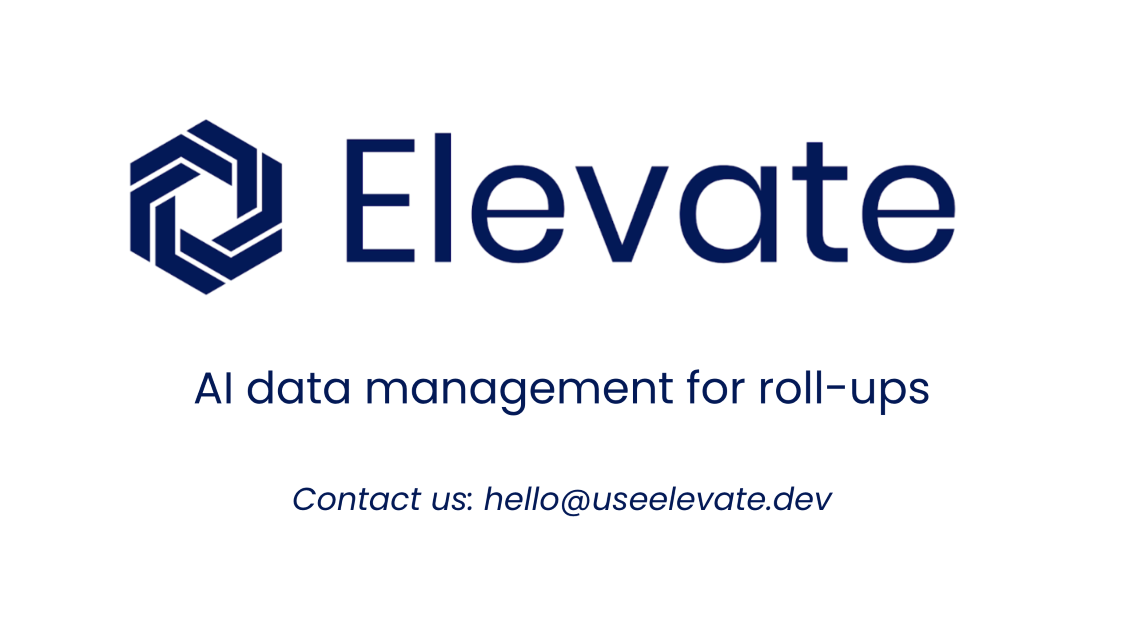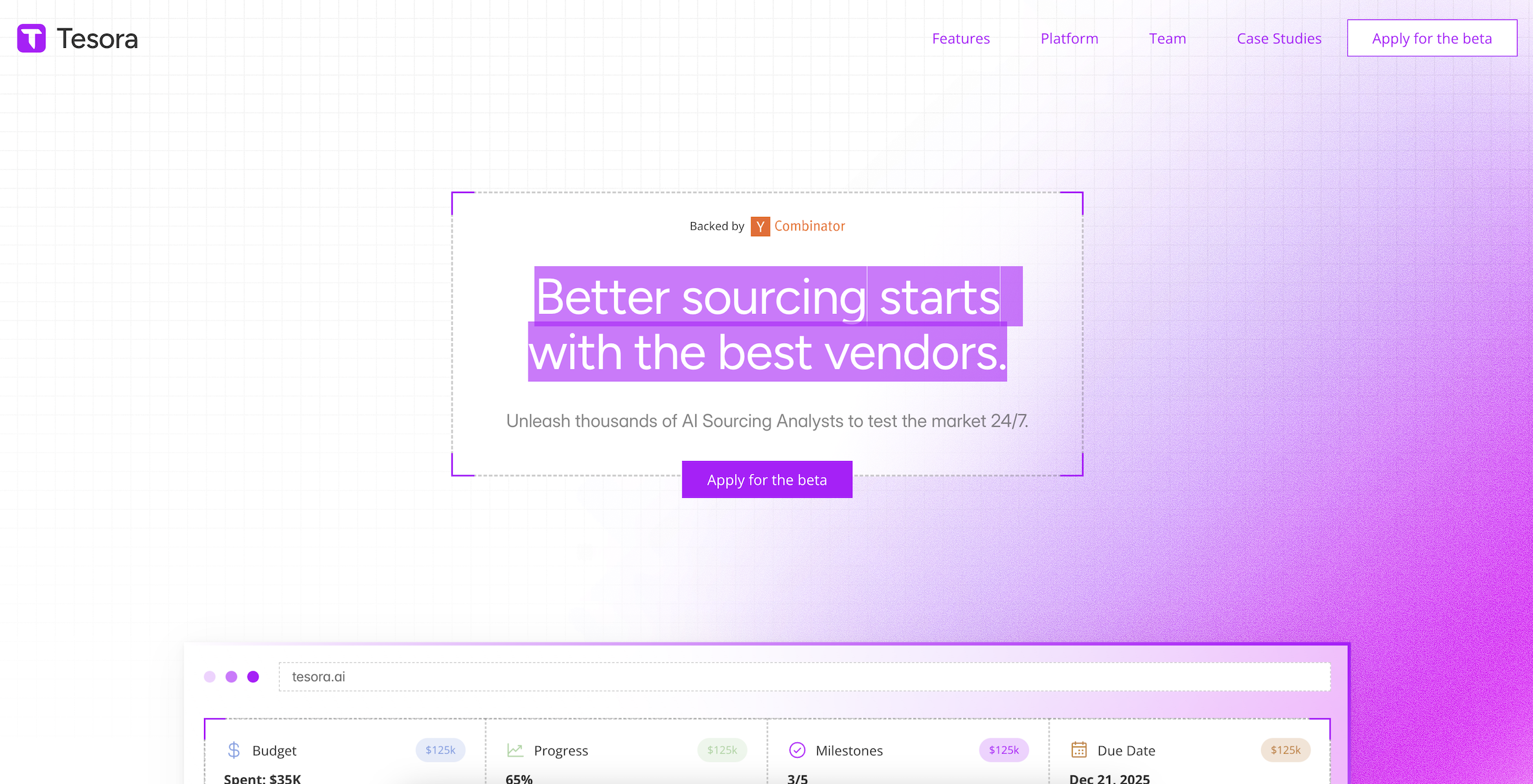Managing IRS audit startup receipts is a daunting challenge faced by many business owners.
Managing IRS audit startup receipts is a daunting challenge faced by many business owners. When your startup is in its early stages, ensuring proper documentation can feel like solving a complex puzzle—with pieces including business expenses, cash transactions, and physical paper receipts scattered across accounting journals and digital records. The problem intensifies during tax season when scrutiny intensifies, audit odds increase, and the IRS audit process looms large. However, by adopting a systematic approach to record keeping and leveraging modern accounting software integrations, you can transform this daunting task into a manageable process and even set the stage for a successful business tax return.
Understanding the Startup Audit Landscape
For new entrepreneurs, an Internal Revenue Service (IRS) audit can feel like navigating a minefield without a map. Small business owners and pre-revenue startups often view audits as intimidating hurdles rather than standard verification procedures. Audit triggers typically include inconsistencies in financial documentation, such as mismatched credit card statements, bank records, or suspicious deductions that deviate from industry norms.
The foundation of audit preparedness begins with proper separation between personal and business finances. This means maintaining dedicated business bank accounts, credit cards, and accounting systems that clearly distinguish between personal spending and legitimate business expenses. When your financial boundaries are clearly defined, calculating taxable income, potential tax liabilities, and eligible business deductions becomes significantly more straightforward.
Documentation requirements vary based on your business structure, whether you operate as a sole proprietorship, limited liability company (LLC), or corporation. Each entity type carries different reporting obligations and potential audit scrutiny levels. Regardless of structure, maintaining comprehensive digital and physical records provides the essential audit protection every business needs.
Audit rates fluctuate annually, but certain factors consistently increase your chances of examination. These risk factors deserve your attention:
- Unusually large deductions relative to reported income
- Round numbers that suggest estimated rather than actual expenses
- Significant cash transactions without proper documentation
- Home office deductions that appear disproportionate
- Business expenses that could be perceived as personal in nature
Effective Record-Keeping Strategies
Maintaining meticulous records forms the cornerstone of audit defense for any startup. Digital transformation has revolutionized receipt management, allowing business owners to convert physical documents into searchable, organized digital assets. Modern receipt scanners can instantly transform paper receipts into permanent digital records that satisfy IRS documentation requirements.
Tracking various expense categories requires different documentation approaches. Travel expenses need itineraries and boarding passes, while meal receipts should include attendee information and business purpose notes. Office supply purchases and equipment acquisitions require proof of business necessity and actual use in operations. Creating category-specific documentation protocols ensures you're prepared for any expense verification request.
Accounting software has evolved beyond simple bookkeeping to provide comprehensive audit protection features. These platforms automatically categorize expenses, flag potential issues, and maintain digital audit trails that demonstrate your commitment to accurate reporting. Many solutions also offer cloud storage integration, ensuring your documentation remains accessible even if physical records are damaged or lost.
The most effective record-keeping systems combine technological solutions with consistent human oversight. Consider implementing these foundational practices:
- Establish a daily receipt processing routine that prevents documentation backlogs.
- Create a standardized naming convention for all digital files to ensure easy retrieval.
- Implement quarterly internal audits to identify and address potential documentation gaps.
- Maintain backup systems that protect against data loss or corruption.
Navigating Business Expense Complexities
Business expenses represent both opportunity and risk in the tax landscape. While legitimate deductions reduce your tax burden, poorly documented expenses create audit vulnerability. Understanding which expenses qualify for deduction requires familiarity with tax code provisions and documentation standards that apply specifically to your industry and business model.
Travel expenses illustrate the documentation challenges many startups face. The IRS scrutinizes these deductions carefully, requiring evidence of business purpose, duration, and activities conducted during the trip. Mixed-purpose travel (combining business and personal activities) requires precise allocation of expenses to avoid claiming personal costs as business deductions. Maintaining detailed itineraries, meeting notes, and correspondence related to business activities provides the substantiation needed during an audit.
Technology expenses present another nuanced area for startups. While essential for operations, these costs often involve complex depreciation schedules rather than immediate deductions. Software subscriptions, hardware purchases, and IT services each follow different tax treatment rules. Creating technology-specific documentation protocols ensures you maximize legitimate deductions while avoiding common audit triggers in this category.
Meal and entertainment expenses have undergone significant regulatory changes in recent years. Current rules limit deductibility and impose stricter documentation requirements than previously existed. Business owners must understand:
- Which meal expenses qualify for partial deduction
- Documentation requirements including attendees and business purpose
- Prohibited entertainment expenses that no longer qualify
- Receipt requirements that substantiate both payment and business context
Leveraging Technology for Audit Protection
Modern accounting technology offers unprecedented protection against audit complications. Cloud-based accounting platforms provide real-time financial visibility while automatically maintaining the documentation trail auditors expect to see. These systems integrate with banking, credit card processing, and point-of-sale systems to create comprehensive financial records without manual data entry.
Receipt management applications have transformed how businesses handle documentation. These specialized tools capture, categorize, and store receipts while extracting critical data points for accounting purposes. Many solutions use artificial intelligence (AI) to recognize vendor information, expense categories, and tax implications automatically. This technology dramatically reduces documentation errors while creating audit-ready records for every transaction.
Tax preparation software has evolved to include audit risk assessment features that identify potential red flags before filing. These tools analyze your return against IRS audit selection criteria, highlighting areas that might trigger examination. By addressing these issues proactively, you reduce audit probability while ensuring you're prepared if selected.
Implementing technology solutions requires thoughtful consideration of your specific business needs. The most effective audit protection technology stack includes:
- A core accounting system that maintains comprehensive transaction records and generates compliant financial statements.
- Receipt capture and management tools that create audit-ready documentation for every expense.
- Cloud storage solutions with appropriate security protocols and retention policies.
- Tax preparation software with built-in compliance checks and audit risk assessment.
Professional Expertise and Audit Readiness
Working with qualified accounting professionals provides invaluable protection against audit complications. Experienced accountants understand IRS examination procedures and documentation expectations from firsthand experience. Their guidance helps you implement systems that satisfy regulatory requirements while maximizing legitimate deductions.
Tax professionals offer perspective beyond simple compliance, helping you understand the strategic implications of your financial decisions. They can identify potential audit triggers in your specific industry and business model, allowing you to address vulnerabilities before filing. This proactive approach often prevents audits entirely by ensuring your returns align with IRS expectations.
Professional representation during an actual audit dramatically improves outcomes for most businesses. Accountants familiar with IRS procedures can manage communication, prepare documentation packages, and advocate for favorable interpretations of tax law. Their expertise transforms the audit experience from confrontational to collaborative, often resulting in minimal or no additional tax assessment.
The cost of professional accounting support should be viewed as an investment rather than an expense. Consider these tangible benefits that qualified professionals provide:
- Identification of legitimate deductions you might otherwise miss
- Strategic tax planning that reduces overall liability
- Documentation systems that satisfy regulatory requirements
- Representation during examinations that protects your interests
- Peace of mind knowing your financial practices align with requirements
Audit-Proofing Your Startup Finances
Creating audit-resistant financial systems requires attention to both documentation and operational practices. Beyond maintaining receipts, successful audit defense depends on demonstrating business purpose and necessity for each expense. This means documenting the connection between expenditures and revenue generation or business operations.
Consistency in financial practices significantly reduces audit risk. Establishing clear policies for expense approval, documentation requirements, and accounting procedures creates patterns that demonstrate your commitment to compliance. These consistent practices make irregular transactions immediately visible, allowing you to provide additional documentation for legitimate exceptions.
Regular financial reviews serve as internal audits that identify potential issues before they become problems. Quarterly reconciliation of accounts, verification of documentation completeness, and assessment of unusual transactions can reveal gaps in your record-keeping system. Addressing these issues promptly prevents documentation backlogs that become difficult to resolve during an actual audit.
Building audit resistance into your startup requires systematic implementation of best practices. The most effective approach includes:
- Establishing clear written policies for expense documentation and approval
- Training all team members on proper receipt management procedures
- Implementing regular documentation quality checks
- Maintaining separation between personal and business finances
- Creating audit-ready files for potentially questionable deductions
Preparing for an Actual IRS Audit
If you receive an audit notice despite your preventative efforts, proper preparation determines the outcome. Understanding the specific type of audit you face—correspondence, office, or field examination—helps you prepare appropriately. Each audit type follows different procedures and requires different response strategies.
Organizing documentation by tax year and expense category creates audit-ready files that demonstrate your commitment to compliance. These organized records allow you to respond promptly to information requests without scrambling to locate documents. Professional presentation of your records establishes credibility with examiners and facilitates efficient review.
Communication strategy plays a crucial role in audit outcomes. Providing complete, accurate information while avoiding unnecessary elaboration protects your interests during examination. Working with a tax professional to manage communication ensures you respond appropriately to examiner questions without creating new areas of inquiry.
The audit preparation process should follow a structured approach:
- Review the specific audit notice to understand examination scope and documentation requests.
- Organize requested documentation in logical, clearly labeled files that correspond to the audit notice.
- Prepare summaries that explain complex transactions or unusual circumstances.
- Consult with your tax professional before providing any information beyond specific requests.
Turning Audit Preparation into Growth Opportunity
Strategic audit preparation creates benefits beyond regulatory compliance. The financial visibility required for audit readiness also provides valuable business intelligence that supports growth planning. Understanding your true costs, profit margins, and cash flow patterns enables better strategic decision-making.
Investor readiness represents another benefit of audit-grade financial systems. Potential investors expect financial transparency and documentation that demonstrates responsible management. The same records that satisfy IRS requirements also build investor confidence in your financial stewardship. This preparation significantly streamlines due diligence processes during fundraising rounds.
Financial discipline cultivated through audit preparation creates operational advantages that extend throughout your business. Clear policies, consistent documentation, and regular reviews establish accountability at all organizational levels. These practices reduce financial leakage while ensuring resources align with strategic priorities rather than undocumented expenditures.
Transforming audit preparation from regulatory burden to strategic advantage requires perspective shift. Consider these opportunities that emerge from audit-ready financial systems:
- Enhanced financial visibility that supports data-driven decision making
- Improved cash flow management through documented expense controls
- Increased team accountability for financial resources
- Streamlined investor due diligence processes
- Reduced stress during tax preparation and filing
Implement Your Audit-Ready System Today
Creating an audit-ready financial system doesn't require massive overhaul or disruption to your operations. Start with fundamental documentation practices that address the highest-risk areas in your specific business model. Focus initially on expense categories that represent significant deductions or that commonly trigger IRS scrutiny.
Technology implementation should follow a phased approach that prevents overwhelming your team. Begin with core accounting and receipt management solutions that address immediate documentation needs. Once these systems function effectively, expand to more specialized applications that enhance specific aspects of your financial management.
Professional guidance provides the framework for your audit protection strategy. Consult with qualified tax professionals to identify your specific risk factors and documentation requirements. Their expertise helps you prioritize improvements while ensuring your approach aligns with current IRS expectations and industry best practices.
The journey to audit readiness begins with commitment to financial transparency and documentation discipline. By implementing the strategies outlined in this guide, you transform audit preparation from stressful scramble to systematic process. This transformation protects your business while creating operational advantages that support sustainable growth.
Remember that audit protection isn't just about avoiding problems—it's about creating the financial clarity every successful business needs. Start building your audit-ready systems today, and experience the confidence that comes from knowing your financial foundation can withstand any examination.
Simplify Startup Finances Today
Take the stress out of bookkeeping, taxes, and tax credits with Fondo’s all-in-one accounting platform built for startups. Start saving time and money with our expert-backed solutions.
Get Started









.png)









